
Conference Coverage
20 days ago
Busting ADHD Myths at APSARDLatest Content

Patterns of Propensity: A Review of Heinrichs’ How Psychiatrists Make Decisions

In Memoriam: Elise Snyder, MD, A Legacy of Mentoring to Psychotherapists in China

Winter Olympics and Sports Psychiatry Today
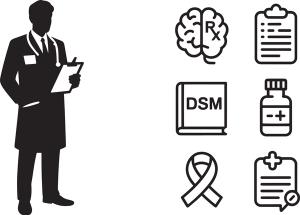
Why Global Integration Is Essential for the Future of DSM

Extension of Expanded Access Program for Zervimesine to Treat Dementia With Lewy Bodies

Shorts




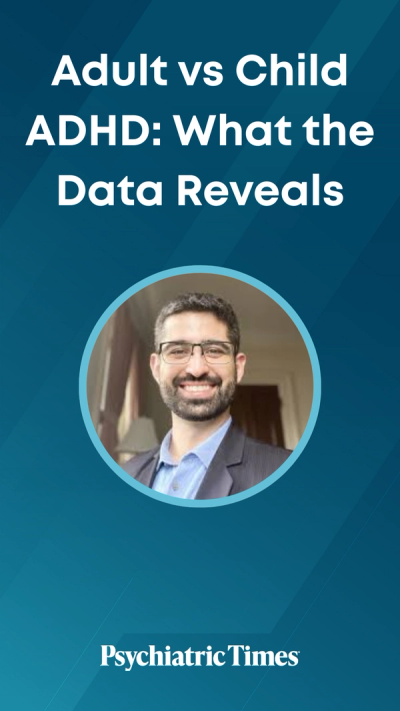


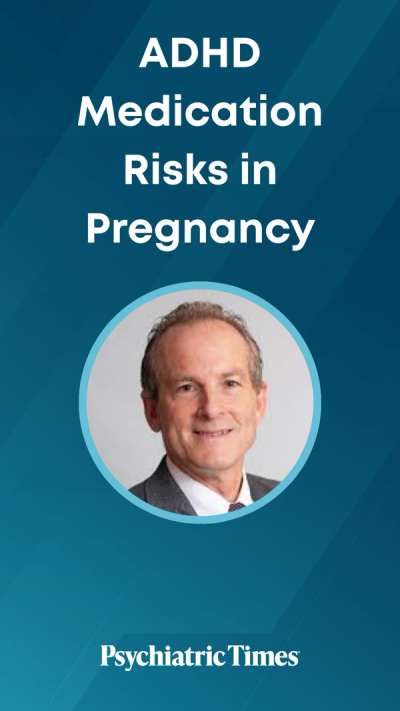
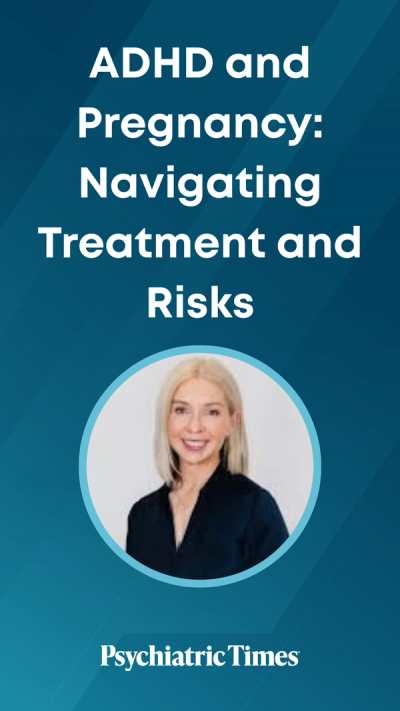
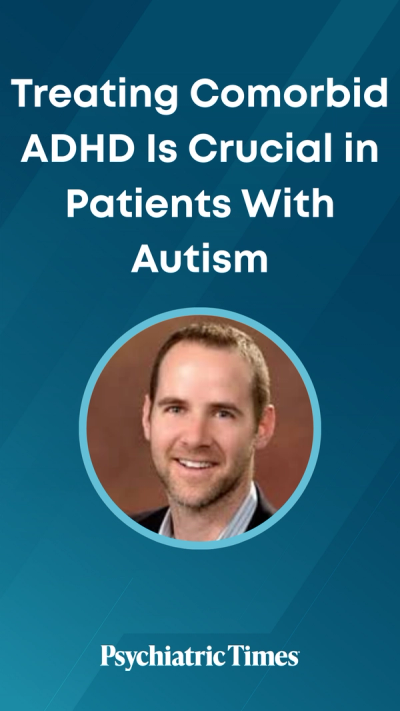
Digital Edition
Podcasts
Continuing Medical Education
All News

Long-term antidepressant use rises in Australia, surging among individuals aged 10 to 24, with more off-label sleep and pain prescribing raising safety and withdrawal concerns.

Congress backs printing 988 on student ID cards, boosting youth crisis access and funding.

Preclinical mGlu7 negative allosteric modulator ADX71743 disrupts fear-memory reconsolidation.

Progress in psychiatry means confronting our sacred cows and shibboleths.

Explore the psychological depths of brainwashing and extremism in 2 compelling books that reveal the complexities of influence and belief.

Data centers' rapid growth threatens the environment and mental health.

AI-driven job loss threatens mental health, highlighting the need for societal responses that recognize work's vital role.

Explore insights on bipolar disorder, including suicide risk assessment and comorbidities. Share your insights and experiences today with our February theme!

Exploring the intersection of death, dying, and mental health, this article highlights the importance of discussing mortality for a fulfilling life.

Research reveals links between gut microbiome composition and cognitive decline in Alzheimer disease and mild cognitive impairment.

Authors highlight the importance of recognizing asexuality, promoting inclusive mental health practices for the asexual community.

Check out the pipeline updates from January!

Discover insights from Lauren Kenworthy, PhD on treating comorbid ADHD and autism.

Explore the psychological impacts of the Doomsday Clock, highlighting its correlation with mental health and societal threats in today's world.

John Miller, MD, discusses the APA's new publications on the future of the DSM, highlighting key domains for mental health diagnosis and treatment.












































